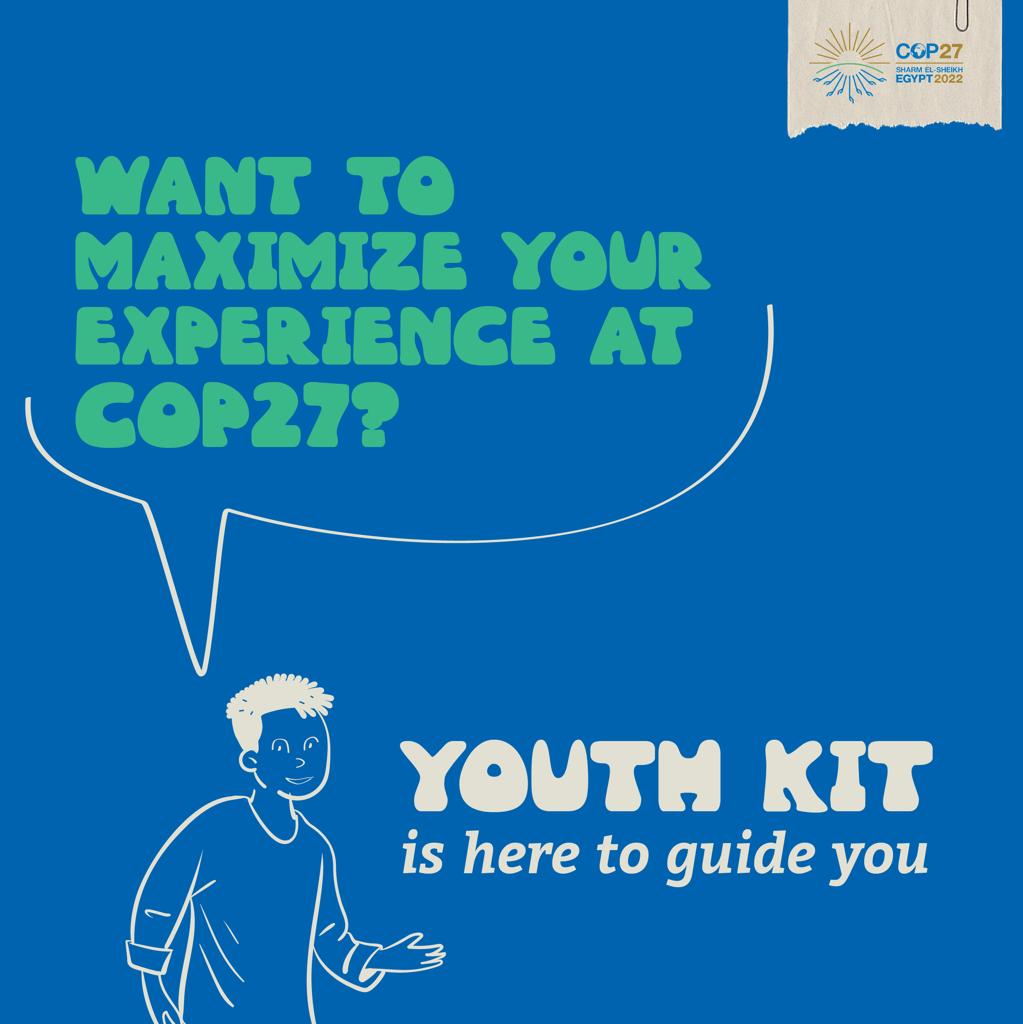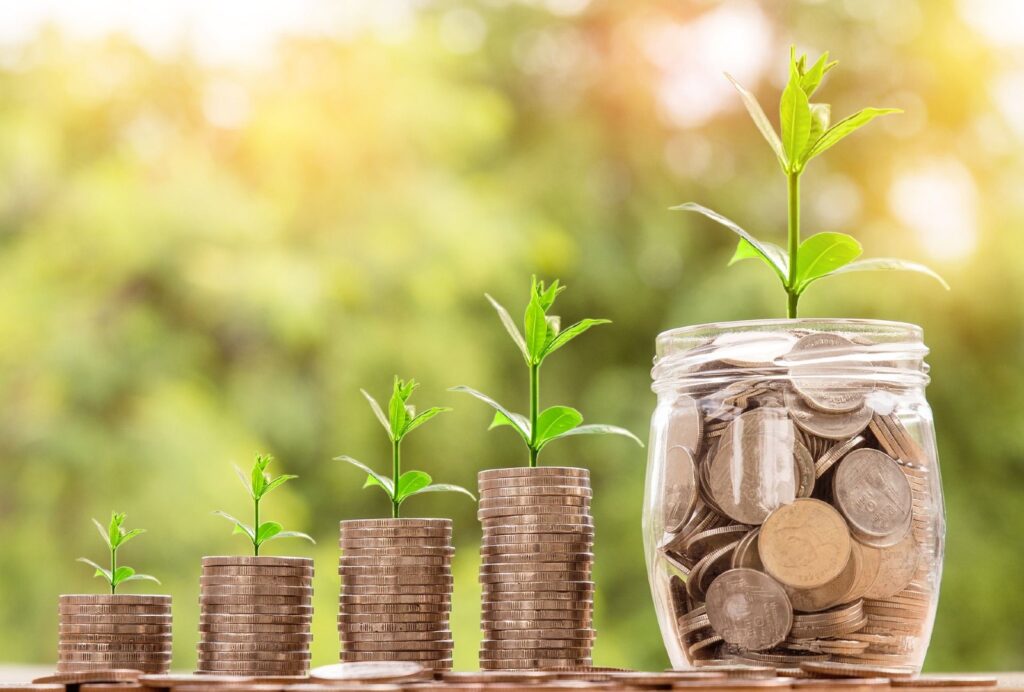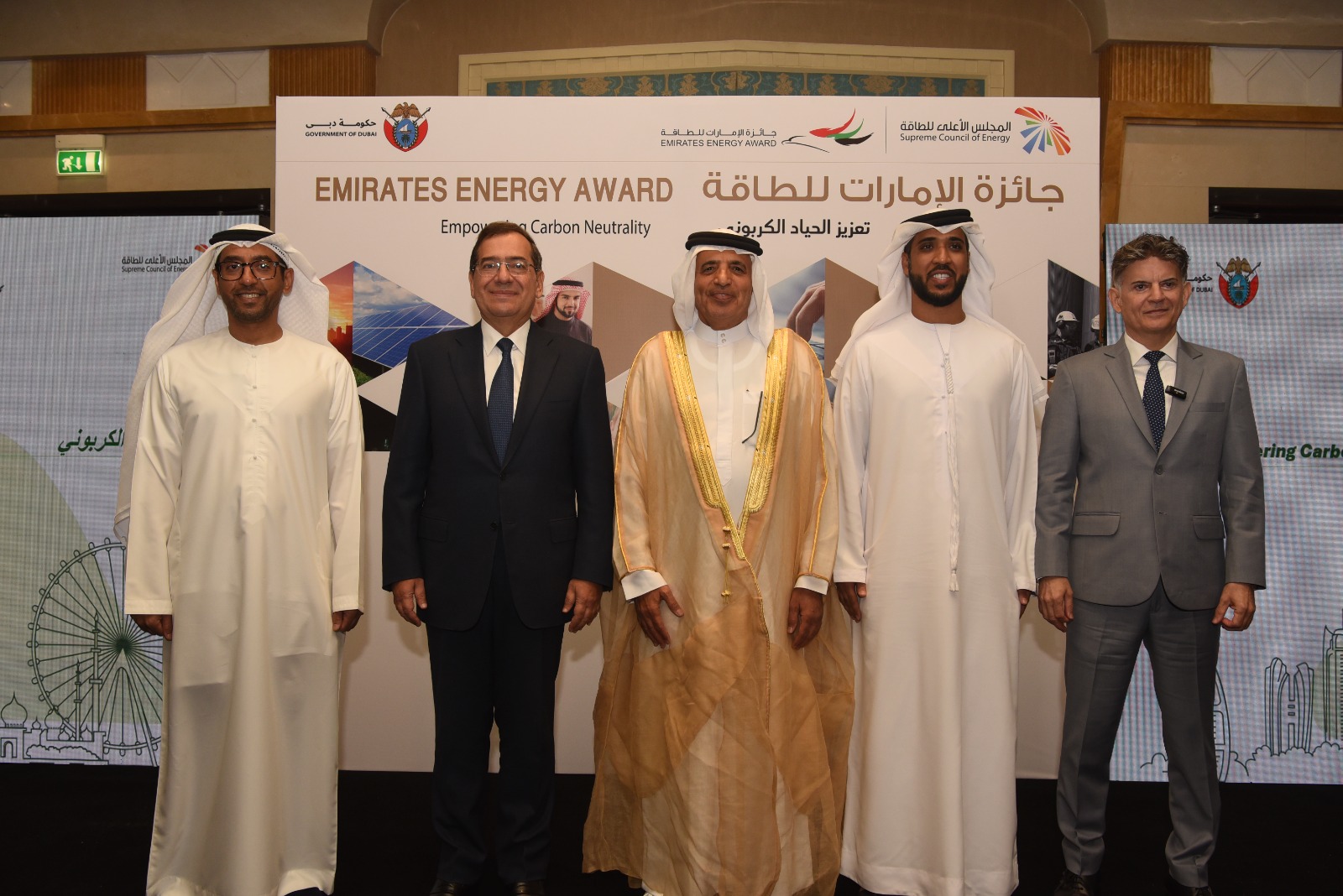In recent years, Egypt has expanded the green economy and development from it, by taking into account the environment in all national projects that it participates in launching, as well as using environmentally friendly energy alternatives that reduce carbon emissions and reduce its harmful effects.
Industrial projects in all countries of the world are the primary cause of increased emissions as well as trade movements. However, Egypt has recently launched projects related to the green economy in order to achieve the equation between investment and at the same time preserving a safe environment.
Commendation from the World Economic Council
Consistent with that, the World Council for the Green Economy praised Egypt’s efforts in this regard, stressing that Egypt has global competitive advantages in energy, including wind energy, wastewater, and energy generation from waste: “The world has realized environmental disasters and economic crises that will be caused by environmental disasters, and the transformation of the economy has become Green is no longer a luxury.
The Council stated that Egypt comes at the forefront of the Arab countries that have established constants for investment in the green economy, and it is the first in the Arab world to move towards a green economy, given the importance of transforming into a green economy with the aim of sustaining development and maximizing economic efficiency by providing resources consumption, maximizing national income and gross domestic product, and that Through green transformation in industry, agriculture and services.
El-Bagoury: “Egypt transferred its experience in the green economy during the climate conference”
Dr. Samar El-Bagoury, Professor of Economics at the Faculty of Political and African Studies, Cairo University, explained that Egypt has a history in the transition to a green economy, which made it worthy of praise.
She added, “The climate conference contributed to strengthening Egypt’s image towards the green economy, and placing it on that map, especially since the green economy has huge gains in all fields, especially global investments.”
She indicated that Egypt signed agreements related to the green economy during the climate conference, including agreements related to organic agriculture with Qatar, other agreements with Germany for the production of electric cars and environmentally friendly tires, and agreements for wind and solar energy projects with Saudi Arabia.
And she continued, “Egypt took advantage of the climate conference in order to transfer its experience in the green economy to the world, and most of the investments that were signed belong to the green economy because they are green projects that take into account the environment and investment at the same time and achieve gains on both levels.”
Egypt’s efforts to promote the green economy
The National Strategy for Climate Change 2050 was one of Egypt’s means to promote the green economy, which was launched during the activities of the Climate Conference, and at the top of its objectives was to achieve sustainable green economic growth.
The green bonds launched by Egypt were one of the most important means of supporting the green economy during the last period, as the Egyptian Ministry of Finance previously issued the first issuance of sovereign green bonds in the Middle East and North Africa in September 2020, with a value of $750 million, with a maturity of 5 years, and a return of 5.25%. This contributed to enhancing Egypt’s image towards the green economy.
As well as the promotion of energy projects and the green economy, including the Benban solar power plant project in Aswan, which is a unique model of cooperation between the relevant parties, as it includes 6 million solar panels, on an area of 36 km2, and was implemented by more than 40 companies from 12 different countries. , to generate 1,500 megawatts of power.
Egypt has also recently moved towards green infrastructure projects, in the areas of transportation and energy, which made it among the largest producers of clean energy in Africa. The country has also adopted the principle of the “circular economy”, which encourages recycling of materials, which is one of the green economy methods that countries resort to.












